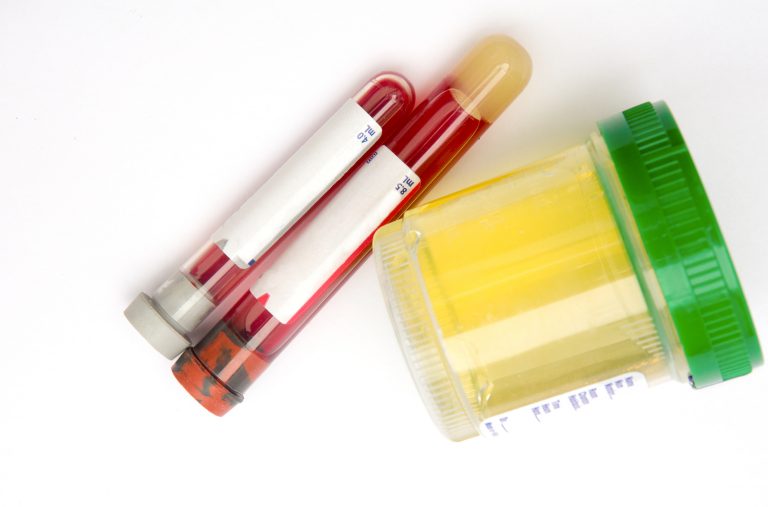
Liquid biopsy using urine is better than testing blood when it comes to accurately reflecting the genomic profile of bladder cancer tumors. That’s according to a study by researchers in Japan that found that identification of tumor-identical mutations was an order of magnitude better using urine versus blood plasma. The researchers also found that liquid biopsy using urine was three times as sensitive at detecting tumor cells versus conventional cytology using urine.
“Urine is an ideal liquid biopsy for detecting tumor-derived DNA and more precisely reflects tumor mutational profiles than plasma,” the researcher wrote in the abstract of the paper, which appeared as an early online publication August 1, 2019 by Cancer Science. The study was led by senior author Masao Omata, professor of hepatology at the University of Tokyo.
In 2016, about 74,000 people were diagnosed with bladder cancer, according to the Centers for Disease Control and Prevention. Men are nearly four times more likely to get it than women and is more common in older people. It can be effectively treated with chemotherapy, radiation and surgery if caught early. However, traditional diagnostic techniques, like cytology of urine samples, are highly inaccurate. Recent studies have focused on identification and validation of biomarkers of bladder cancer.
The current study involved tumor, blood and urine samples taken from 25 patients with bladder cancer. To conduct their study, researchers separated the urine into liquid supernatant and solid precipitate using centrifugation. This method is similar to the process of separating blood from plasma.
The team sequenced the tumor, plasma, urine supernatant and urine precipitate. They identified 168 mutations in the primary tumor. They then looked for these mutations in the urine supernatant and precipitate samples. They found 53 percent of the same mutations in urine supernatant, 48 percent in urine precipitate and 2 percent in plasma.
The team also compared tumor diagnostic sensitivities between urine and conventional cytology. The researchers also found that conventional cytology detected tumor cells in only 22 percent of non-invasive tumor case. Using urine supernatant and precipitate, respectively, the diagnostic accuracy of liquid biopsy was 67 percent and 78 percent, respectively. “Genomic analysis of urine is clinically useful for diagnosis of superficial bladder cancer at early stage,” the researcher concluded.











